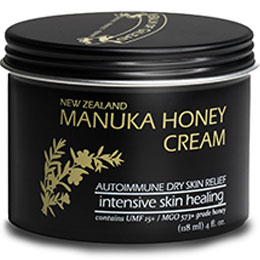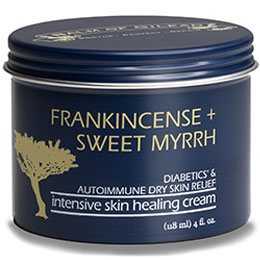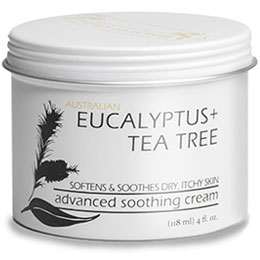Carrier Oils
Guide to Carrier Oils: Carrier oils are essential when using potent essential oils. They dilute the essential oils, making them safe for skin application without reducing their effectiveness. Carrier oils are derived from nuts, seeds, fruits, or vegetables and are rich in essential fatty acids, offering various benefits for the skin.
Carrier Oils – Different Types and How to Use
When it comes to using essential oils, dilution is key to ensuring that the oils are safe and effective. One of the most popular and effective ways to dilute essential oils is by using carrier oils. Contrary to what some may think, using a carrier oil does not diminish the effectiveness of the essential oil. Instead, it helps to ensure that the oils are not irritating or overpowering when applied to the skin. Additionally, carrier oils assist with the coverage and absorption of essential oils, especially when applying them to larger areas of the body.
What Are Carrier Oils?
Carrier oils are oils derived from nuts, seeds, vegetables, and fruits. They are rich in essential fatty acids and are used to dilute essential oils before topical application. Each carrier oil comes with its own unique properties, making them versatile for various uses in skincare, hair care, and massage. Carrier oils are not only a vehicle for essential oils but also enhance skin hydration and treatment.
Diluting Essential Oils with Carrier Oils
When making small blends, dilute essential oils with carrier oils in a 1:10 ratio (e.g., 10 drops of essential oil per 1 ounce of carrier oil). However, this ratio may vary depending on the specific essential oils being used, as the potency of each oil can differ. It’s crucial to familiarize yourself with the essential oils you intend to use to ensure proper dilution.
Popular Carrier Oils
Here are some of the more popular carrier oils that are commonly used at home for skincare, hair care, and massage. Each oil has its own distinct characteristics and benefits:
- Sweet Almond Oil: Light nutty scent, moisturizing, anti-inflammatory, nourishing for dry skin, slightly oily until absorbed.
- Apricot Oil: Light scent, softens and soothes skin, moisturizing, anti-inflammatory, nourishing for dry and mature skin, good for sensitive skin, slightly oily until absorbed.
- Fractionated Coconut Oil: Light coconut scent, moisturizing, softens and soothes skin, slightly oily until absorbed.
- Evening Primrose Oil: Light sweet scent, healing properties, good for skin conditions, anti-inflammatory, slightly oily until absorbed.
- Grapeseed Oil: Light scent, ideal for oily or sensitive skin, nourishing for mature skin, non-greasy.
- Hazelnut Oil: Light nutty scent, moisturizing, soothing, healing, hydrating, slightly oily until absorbed.
- Avocado Oil: Light nutty, slightly strong scent, moisturizing, nourishing for dry and mature skin, absorbs nicely.
- Extra Virgin Olive Oil: Light olive scent, soothing, penetrating, anti-inflammatory, slightly oily until absorbed.
- Rosehip Oil: Light earthy scent, beneficial for skin conditions, good for mature skin, healing, slightly oily until absorbed.
- Safflower Oil: Light scent, moisturizing and conditioning, nourishing, slightly oily until absorbed.
- Tamanu Oil: Heavier scent, soothes and softens skin, renewing, anti-inflammatory, healing for dry and damaged skin, anti-bacterial, pain-relieving, good for mature skin, absorbs well.
- Jojoba Oil: Very light nutty scent, nourishing, anti-inflammatory, skin conditioner, absorbs well.
Storage Tips for Carrier Oils
To maximize the shelf life of carrier oils, it’s important to store them in a cool, dry place, away from direct sunlight. Most carrier oils, when stored properly, can last between ten months to a year, although some, like grapeseed oil, typically have a shorter shelf life of around six months. By incorporating carrier oils into your routine, you can safely enjoy the benefits of essential oils while also providing your skin with additional nourishment and care.
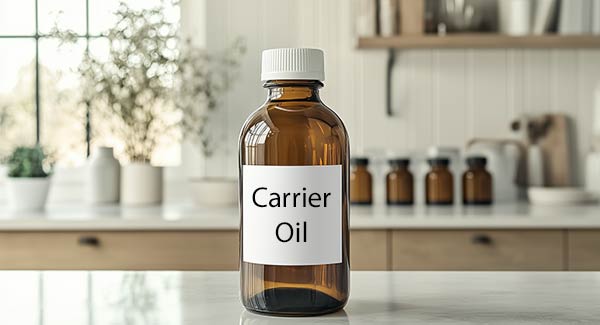
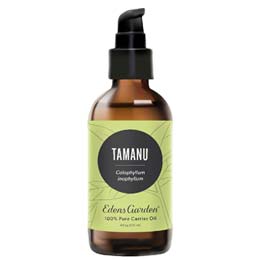
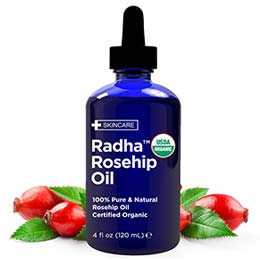
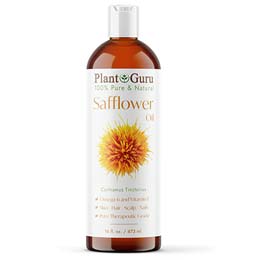
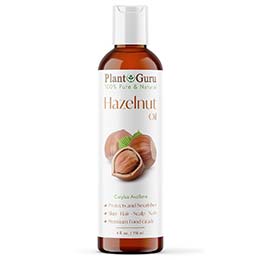
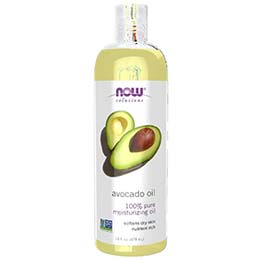

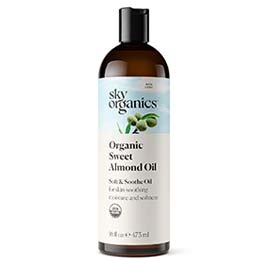
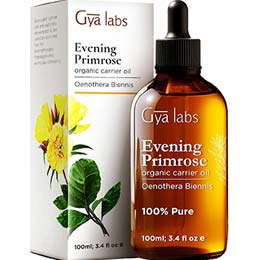
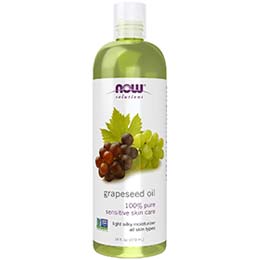

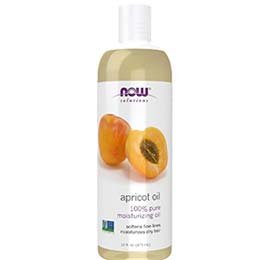
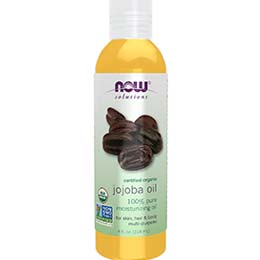



 Wellness Mama 5 Step Lifestyle Detox
Wellness Mama 5 Step Lifestyle Detox




